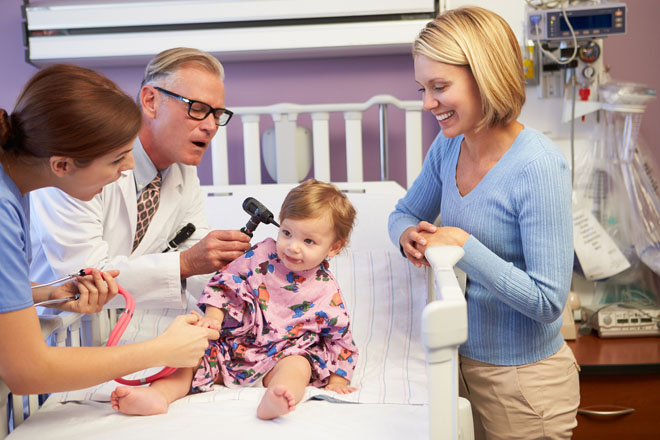Auditory processing disorder is explained by the experts as the disconnection in what a person hears and what his brain interprets. Within this disorder, there are several difficulties that are related to ears and brain. It is with the auditory processing assessment one can recognize the actual problem to treat it accordingly. The person suffering from such problems will experience mentally negative impact and inability to communicate effectively. People with APD find it difficult to distinguish the sounds or even recognize the sounds.
What is the different impact to those Children or even Adults with APD Exhibit?
- Difficult to maintain focus
- Getting distracted easily
- Taking a long time to understand and respond
- Inconsistent response
- Inability to understand spoken language with noise in the background
- Failure to understand the meaning of the spoken messages
- Inability to learn songs or nursery rhymes
- Spelling and other learning problems
Audiologists claim that around 2% to 3% of the children are affected with the APD. So, the moment you notice any of these symptoms in your child, you should get the auditory processing assessment.
How Does the Auditory Processing Assessment work?
There are specific tests and assessment regimes designed to check the APD levels in a child. However, if you are planning to get your child tested, you need to visit the specialist. There is a certain procedure that parents or the guardians have to follow before the actual tests. This measure is for the audiologist to ensure that there are no physical hearing problems. A specialist will guide you about the routine hearing test that is outlined for your child. He will also explain the procedure of the assessment or the test.

Step by the audiologist will test and assess the child’s capacity to detect certain frequencies within the normal range. The auditory processing assessment may or may not include high and low frequencies. In simpler words, the child will be exposed to different sounds, music, and noises at bearable decibels. The way a child reacts to the different sounds will help the audiologist assess the intensity of APD.
Within the auditory processing assessment, there are two categories – electrophysiological tests and the behavioral tests. There are several factors considered before enrolling the child for either or both of the tests. Right from age to specific difficulties in hearing displayed by the child are considered.
Children under the age of 7 years are not considered for the rigorous auditory processing assessment. This is because young infants might not have certain development necessary for the process of assessment. Additionally, children who have grown with the condition with severe cognitive deficits cannot apply for such assessments.
What Is the Treatment Procedure?
There are several groups working on children with the APD condition. Since there is no uniformity in the procedures of the assessment, the treatment methods vary too. The specialist who is working on your child’s case will guide you through the right procedure. However, this is a condition which needs more social acceptance than a medical approach. Parents, teachers, siblings and peers need to work together to help such children rehabilitate. Ask your audiologist or therapist to suggest an auditory intervention program. Such programs can be customized depending on the assessment and the requirement of the child. This way the child will be able to improve on the targeted skills.
More than anything the parents and teachers need to be patient and caring for children with APD. The treatments often take more than the estimated and expected time frame. But there have been several cases wherein children have displayed impactful magnanimous improvements.
Editor’s Note: This blog post is inspired by the blogging marathon hosted on IndiBlogger for the launch of the #Fantastico Zica from Tata Motors. You can apply for a test drive of the hatchback Zica today.




